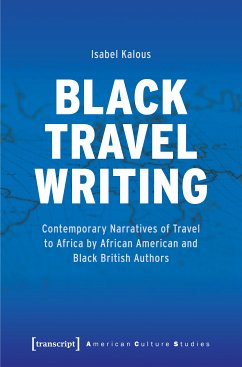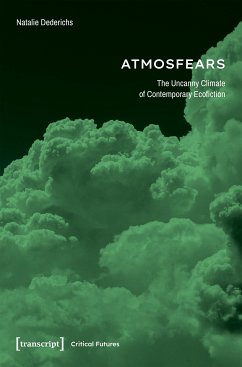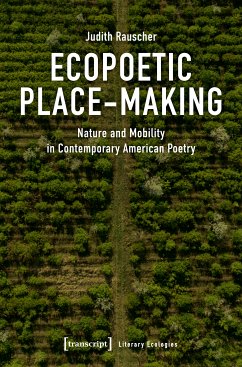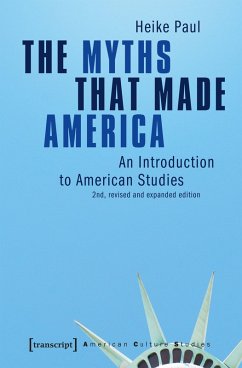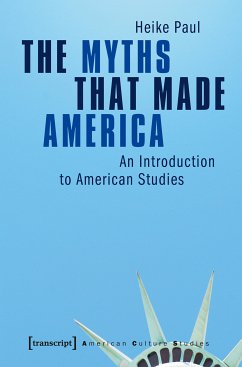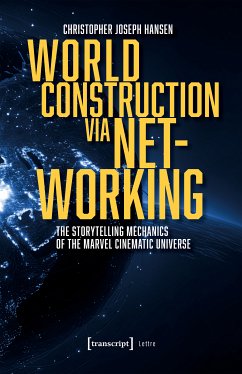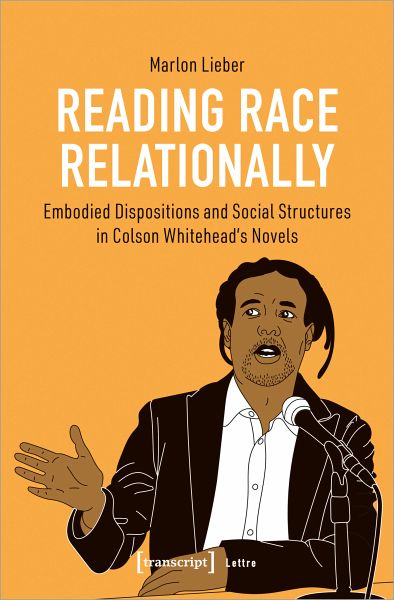
Reading Race Relationally (eBook, PDF)
Embodied Dispositions and Social Structures in Colson Whitehead's Novels
Versandkostenfrei!
Sofort per Download lieferbar
0,00 €
inkl. MwSt.
Weitere Ausgaben:

PAYBACK Punkte
0 °P sammeln!
What does it mean to write African American literature after the end of legalized segregation? In this study of Colson Whitehead's first six novels, Marlon Lieber argues that this question has permeated the Pulitzer Prize-winning author's writing since his 1999 debut The Intuitionist. Drawing on Pierre Bourdieu's relational sociology and Marxist critical theory, Lieber shows that Whitehead's oeuvre articulates the tension between the persistent presence of racism and transformations in the United States' class structure, which reveals new modes of abjection. At the same time, Whitehead imagine...
What does it mean to write African American literature after the end of legalized segregation? In this study of Colson Whitehead's first six novels, Marlon Lieber argues that this question has permeated the Pulitzer Prize-winning author's writing since his 1999 debut The Intuitionist. Drawing on Pierre Bourdieu's relational sociology and Marxist critical theory, Lieber shows that Whitehead's oeuvre articulates the tension between the persistent presence of racism and transformations in the United States' class structure, which reveals new modes of abjection. At the same time, Whitehead imagines forms of writing that strive to transcend the histories of domination objectified in social structures and embodied in the form of habitus.
Dieser Download kann aus rechtlichen Gründen nur mit Rechnungsadresse in A, D ausgeliefert werden.




